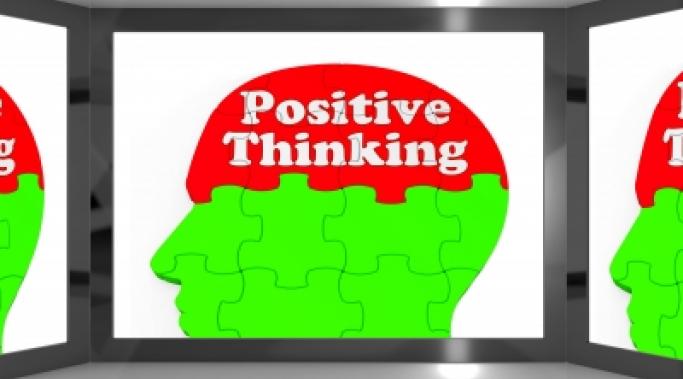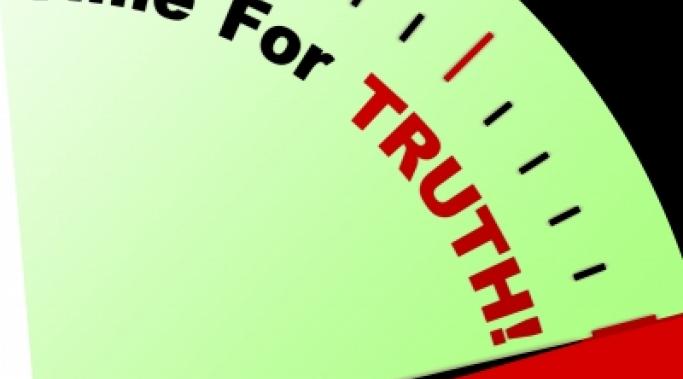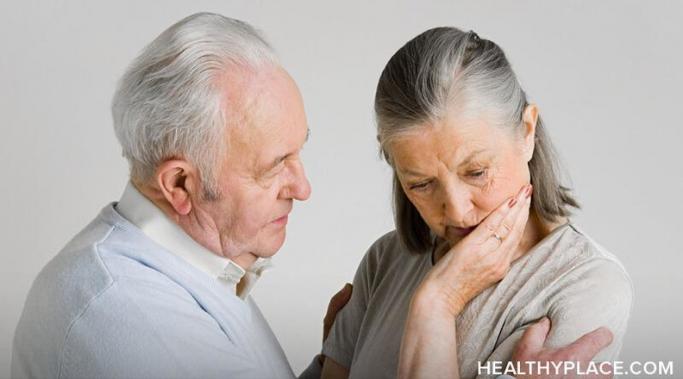Lately, I have written blogs about having a good support system, practicing positivity and knowing your dark thoughts / depression triggers. These are all important aspects of continued treatment for my depression. Another aspect of depression treatment is to try to get involved in a charity or cause. The obvious benefit of said involvement is to the benefactor. What makes this an important part of coping with depression is that we are exposed to the needs of others.
Depression Coping Skills
A support system is a network of people who provide an individual with practical or emotional support. Along with CBT (cognitive behavioral therapy) and depression medication (if prescribed), a strong support system is key to coping with depression.
When I’m in a full out major depressive episode (MDE) or on the cusp of one, there are few things that can put me in a positive frame of mind. That’s why it is so important to practice positivity when I’m in depression remission.
Possibly the most important depression coping principle is "Know Thyself." You absolutely must know what triggers your depression and what helps you to relieve it. As a person with depression, knowing myself is essential to my continued well-being, and ignoring the "Know Thyself" depression coping principle could lead to the worst end
It is said that animals communicate through their energy. I’m no scientist, so I can’t really speak to the validity of that (Pet Therapy for Depression). What I do know for sure is that my dog is keenly aware of my depression and she knows just what to do when I’m suffering.
It takes a certain amount of energy to hide depression from family and close friends. (Explaining Depression to a Friend) It takes exponentially more energy to keep depression a secret at work. But there came a time, not too long ago, when I finally had to say – ENOUGH!
Exercise is one of the most important and effective treatments for depression. Knowing that exercise will help combat depression and actually getting out there to exercise are two completely different things.
There are many depression-management techniques available; antidepressant medication, cognitive behavioral therapy (CBT), exercise and a proper diet, relaxation and general wellness treatments (eg. massage therapy, hypnosis, meditation, aromatherapy, etc.), and so on. Among these therapy techniques is group therapy. But... group therapy for depression? Is it a help or a hindrance?
Explaining depression to a friend can be scary and difficult. A couple of weeks ago, I wrote about talking to somebody about depression. Telling family and close friends about your depression has its challenges, but telling friends and acquaintances can have its challenges too – especially when they are people you know from work.
Why would you even bother telling an acquaintance about your depression? What business is it of theirs? Good questions.
Talk about depression? Why? It’s no secret that the stigma of depression (and other mental illnesses) can be debilitating. Hiding the reason we are sick takes as much out of us as the sickness itself. Imagine a world where we could freely tell our loved ones, friends, co-workers and bosses the truth. Imagine a world where we could talk about depression.









